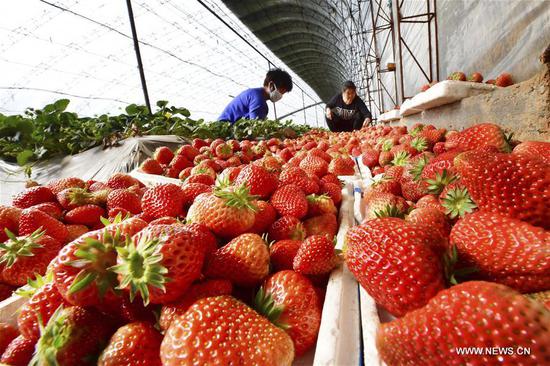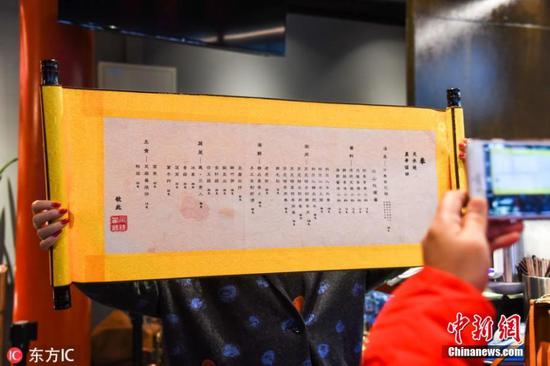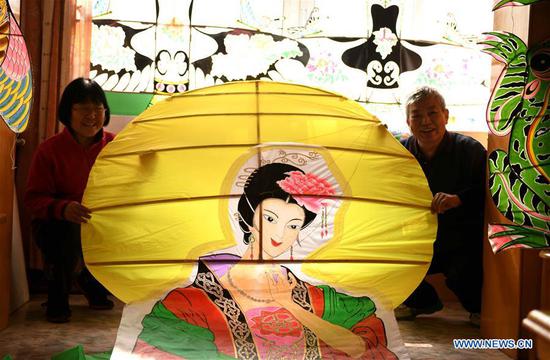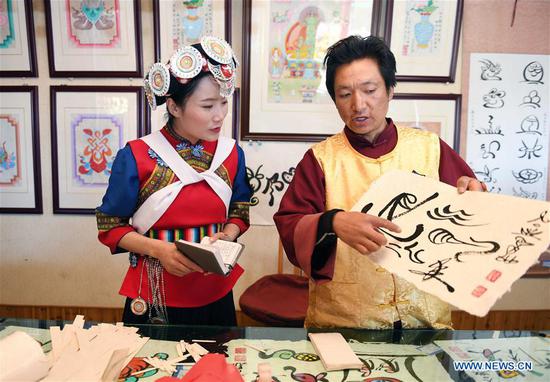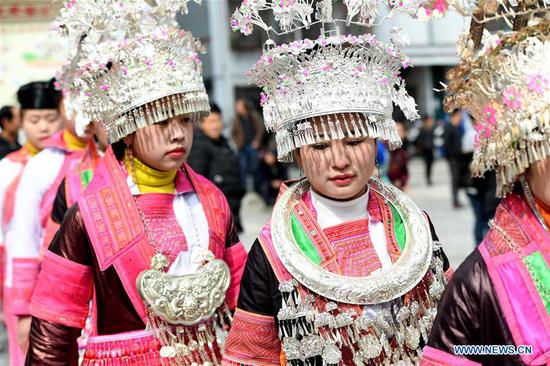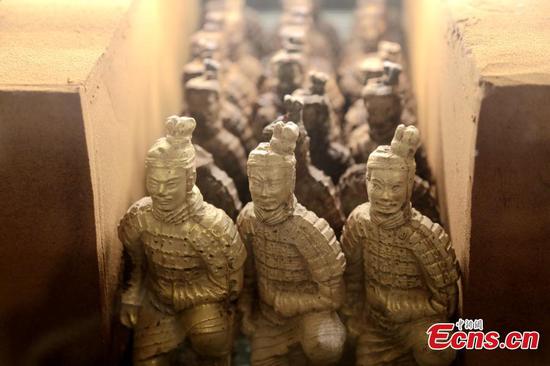During the recent Spring Festival shopping season, Chinese cross-border surrogate buyers - daigou in Chinese - suffered a sudden decline due to the influence of the newly implemented e-commerce law, with some of them considering leaving the industry, while some deciding to register as legal vendors.
The e-commerce law, which took effect on January 1, states that e-retailers are required to register their business, receive a license, pay taxes and be held responsible for fraudulent goods. Violators could face fines of no less than20,000 yuan ($2980).
The law came amid the booming industry of daigou. A daigou refers a personal shopper who buys foreign products upon special request, while some would organize a team to deal with big orders.
Daigou has become one of the most popular ways for Chinese customers to acquire foreign products in recent years. And as the business booms, some countries such as Australia have opened specialty stores "whose only customers are personal shoppers for Chinese buyers," as reported by Business Insider. Some of them were found to have sold fake products using forged receipts.
However, daigou in Japan, one of the most popular overseas destinations of Chinese tourists, has witnessed a faded "daigoushopping spree" during the Spring Festival holiday.
Chinese tourists during previous Spring Festivals swarmed into these duty-free shops. However this did not happen in February with the end of the shopping spree era, said a Japanese clerk surnamed Seino at a Tokyo-based shopping mall.
Sun Kaichun, a Chinese student studying in Japan and part-time daigou, told the Global Times on Wednesday that she used to send bags of products from Japan to China, but now she only helps friends buy portable products and took them back to China in her luggage during Spring Festival.
"I'm not sure if I will continue to do the job," said Sun, noting that she had earned about 3,000 yuan every time she shipped products, and had done so three to four times last year. "I just earned 4,000 or 5,000 yuan this time," said Sun.
A UK-based daigou surnamed Qiong, who previously sold cosmetics, accessories and clothing, also found her business narrowing in 2019.
Qiong told the Global Times that since 2019, the products she mailed to China were taxed several times, and some were even returned. "Customs officers became stricter on spot checks," Qiong said. "Now I only send milk powder to China because it has stable domestic customer sources."
To follow the law, some daigou decided to register their business as legal e-retailers. "After we registered our business, we have to pay taxes. So we increased the price in 2019," said Ruru, a South Korea-based daigou, noting that sales did not suffer after the markup.
Some daigou who run businesses in Hong Kong and Australia told the Global Times that they are considering dropping the business since registering is troublesome and the business has low profits.
Analysts pointed out that the new law is not meant to ban daigou but to regulate the industry. Liu Junhai, a business law professor at Renmin University of China, told the Global Times on Thursday that "under the new e-commerce law, such commercial behavior has fallen under tighter government scrutiny, which can reduce the number of fake goods."











